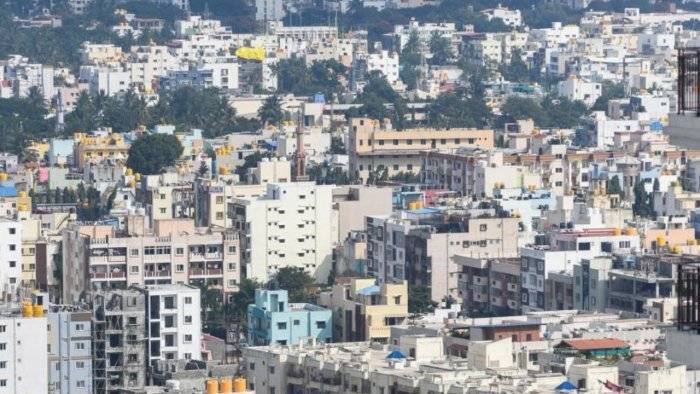The Indian residential real estate sector has experienced a significant revival post-pandemic. Renewed interest from homebuyers has not only raised the confidence of builders to plan new projects but also garnered positive responses from investors.
As the Indian economy demonstrates resilience and continues to improve, investors are reconsidering the potential of the promising residential segment in India. The rapid growth and increasing prominence of the luxury residential segment presents a lucrative opportunity that private equity is eager to capitalise on, thus paving a path for the return of private equity capital to the sector.
As per the reports by a global real estate services firm, the first quarter of 2023 recorded an investment of $1.07 billion, with entities from the US, Singapore and Hong Kong showing interest. During the last quarter, a diversification of fund allocation happened across various segments, with residential garnering around 20% of the total investment inflows. It is likely that over the next few quarters, this trend will get more traction as private equity firms and investors are actively looking at India as a promising market for growth.
In the current scenario, several factors are driving the surge in private equity investment in the Indian residential real estate market. First, India’s robust economic growth is increasing housing demand, driven by a growing middle-class population and rising disposable incomes. Second, government initiatives like RERA and GST have improved transparency and accountability in the real estate sector, making it more attractive for investors. Third, the Indian market offers untapped potential with underdeveloped regions and cities, presenting significant growth opportunities.
Additionally, the country’s young and growing population, particularly in working-age groups, is driving urbanisation and the need for housing solutions in metropolitan and emerging urban areas.
Private equity firms are investing in Indian residential real estate in a variety of ways. Some firms are investing in large-scale projects, such as the development of new townships. Other firms are investing in smaller projects like development of rental housing or the renovation of existing homes. The increase in private equity investment in Indian residential sector is having several positive effects. In addition, the investment is helping to boost the Indian economy.
However, there are also some potential risks associated with the increase in PE investment in Indian residential real estate. One is that it could lead to an increase in prices, which could make housing less affordable for some people. Another is that the investment could lead to a concentration of ownership, which could reduce competition in the market.
Overall, the increase in PE investment is helping improve the quality of housing in the country and also creating jobs. However, risks like affordability and market stability should be monitored. Prioritising regulatory compliance, transparency and sustainable practices is crucial to ensure positive outcomes for all stakeholders.
Source : Deccanherald




